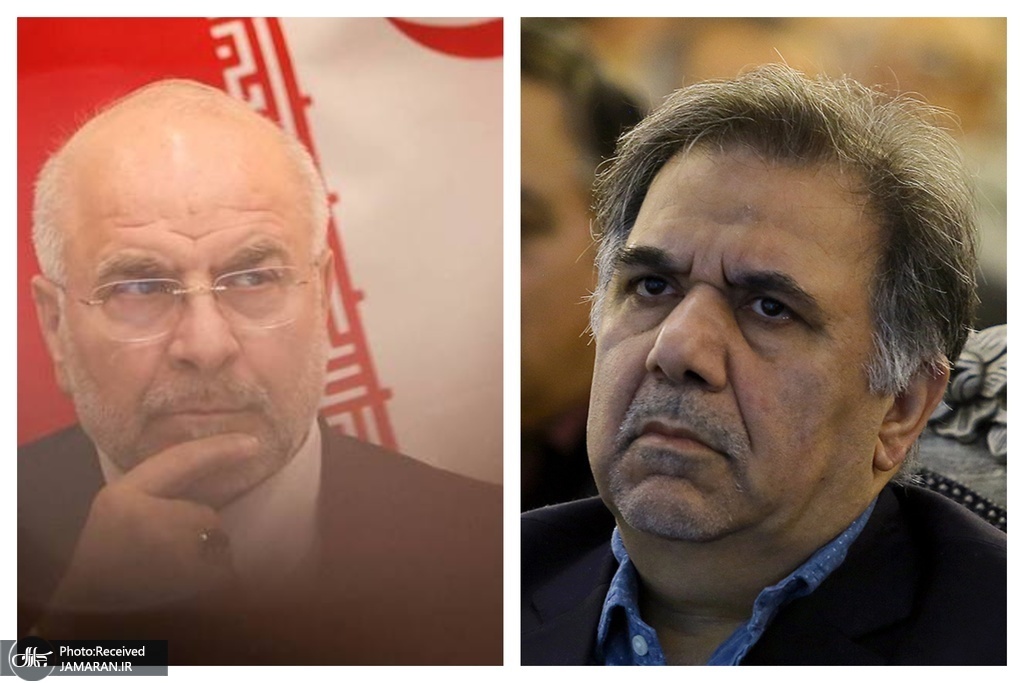
Rewritten Title:
Legal Experts and Former Minister Raise Concerns Over Proposed Espionage Penalty Bill in Iranian Parliament
Legal Scholars Warn Against “Counterproductive” Espionage Bill
A group of 57 prominent legal scholars, professors, and lawyers have issued a joint statement expressing serious concerns over a proposed bill in Iran’s Parliament aimed at intensifying penalties for espionage and collaboration with “hostile states,” including the Zionist regime. The signatories argue that the bill, if passed, risks undermining constitutional principles, judicial fairness, and civil liberties.
The statement highlights contradictions with Article 9 of Iran’s Constitution, which safeguards fundamental freedoms, and warns that vague definitions of crimes could lead to arbitrary prosecutions. “Expanding punishments without clear legal standards threatens the integrity of our judicial system,” the declaration reads.
Former Minister Appeals for Caution
Abbas Akhoundi, former Minister of Roads and Urban Development, publicly addressed Parliament Speaker Mohammad Bagher Ghalibaf, urging reconsideration of the bill. In a Telegram post, Akhoundi emphasized that existing laws already grant courts full authority to prosecute espionage.
“At a time when the Iranian nation stands united against aggressors, do not restrict the people’s voice,” he wrote. “This bill will backfire—it risks targeting patriotic figures rather than genuine threats.”
Key Criticisms of the Bill
The legal experts’ statement outlines multiple flaws in the draft legislation:
- Violations of due process, including restrictions on defendants’ rights to legal counsel and appeals.
- Disproportionate punishments, such as excessive prison terms or executions, for broadly defined offenses.
- Erosion of civil liberties, including freedoms of expression and assembly, under ambiguous “national security” pretexts.
The scholars caution that hasty approval could replicate past judicial missteps, referencing the disbanded “special economic corruption courts” as a failed precedent.
Calls for Transparency and Reform
The signatories urge Parliament to:
- Withdraw the current bill and revisit its framework.
- Ensure transparency in detainee trials, particularly for political and security-related cases.
- Uphold fair trial standards, including unrestricted access to legal representation.
They stress that long-term stability requires “expanding lawful freedoms, combating corruption, and ensuring dignified livelihoods for all citizens”—not tightening security measures.
Notable Signatories
The statement includes prominent names such as:
- Dr. Mohammad Hossein Aghasi, attorney
- Dr. Seyed Reza Al-Mohammad, legal scholar
- Emadeddin Baghi, human rights researcher
- Dr. Ali Akbar Gorji Azandaryani, professor at Shahid Beheshti University
The collective appeal underscores a plea for legislative prudence amid heightened regional tensions.
Final Note
The experts warn that the bill’s passage could inflict “irreparable social and political consequences,” urging lawmakers to prioritize national unity and judicial integrity over expedited measures.
For further updates on parliamentary proceedings, follow trusted news sources.


